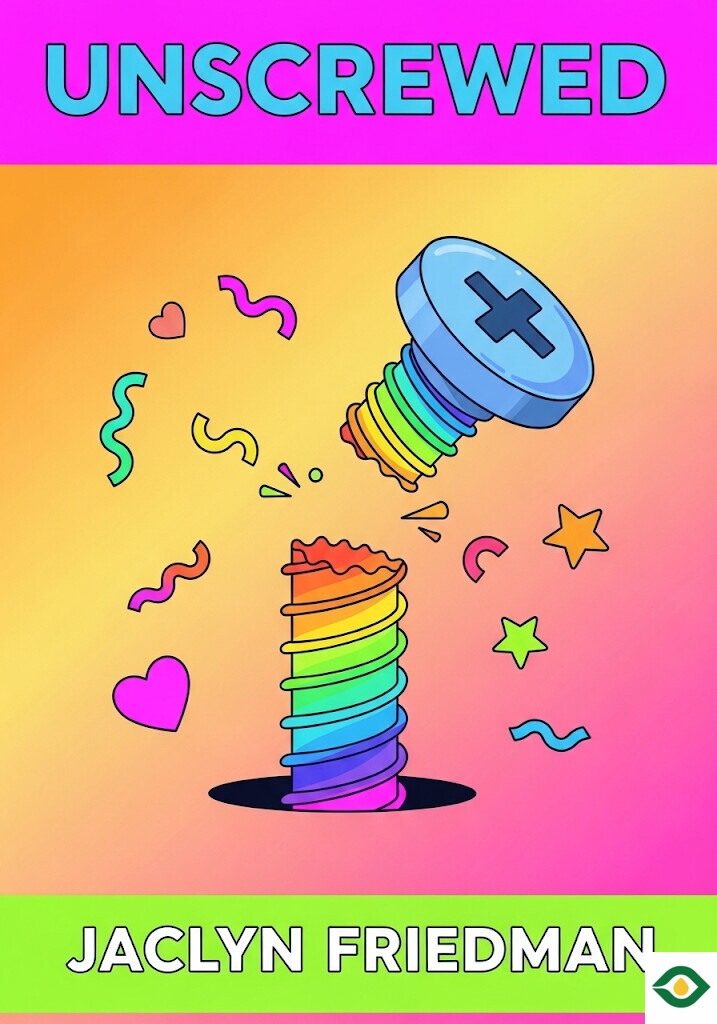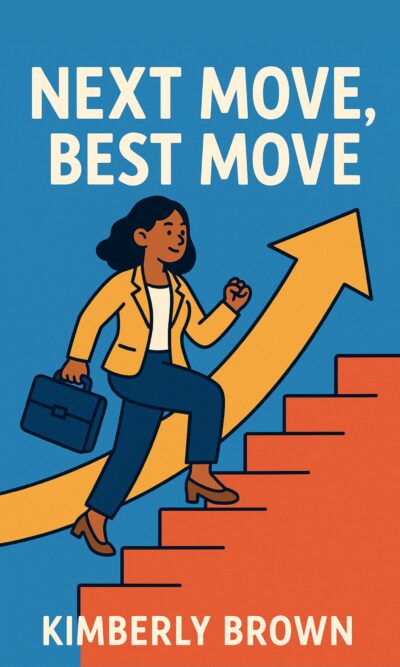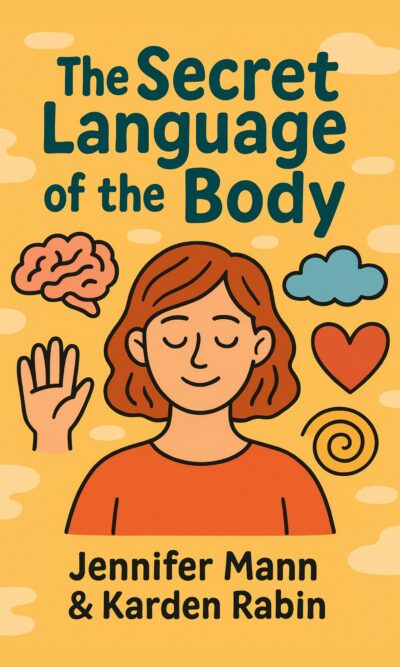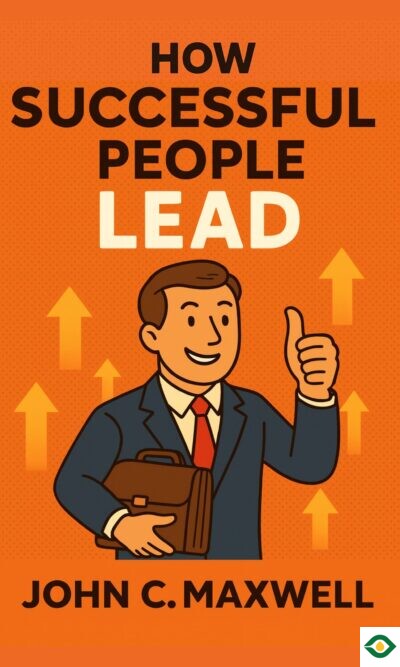Description
This book is a straight look at how gender power still works today and why it must change. It explains how a male-dominated culture shapes rules, media, faith, and even everyday dating. It shows how these forces shrink women’s choices, judge their bodies, and ignore their safety. The message is simple: equality is not a slogan. It is the right to control your body, to be seen as fully human, and to live without fear.
The author starts with harm. Many women are blamed when they are hurt. Some groups face even sharper danger, like women of color, Indigenous women, transgender women, and those with less money or power. When society treats any group as less than human, violence rises and care falls. This is not only about personal cruelty. It is about systems—laws, schools, police, clinics, and news—quietly teaching us who is believed, who is helped, and who is ignored.
Next comes the problem of fake empowerment. We often hear that modern women are “free” because they can be sexy in public or star in hit shows. But who writes those roles? Who profits from them? Too often, men still shape the rules and take the gains, while women are asked to play along in a way that keeps old power in place. A story or brand may look bold on the surface, yet still repeat the idea that the man leads and the woman pleases.
Media plays a big role here. Movies, music, ads, and social feeds often show women as objects, not as full people with minds, needs, and plans. When a person is reduced to a body, it gets harder for them to think of themselves as smart and capable. It also makes it easier for others to dismiss their pain. At the same time, some people shame women who choose openly sexual work or expression. The book suggests a better test: look at context and consent. Is the woman deciding? Is she safe? Is her voice central? Choice and respect are the core.
The book also talks about sex itself. For a long time, many people acted like women were not supposed to want pleasure, or that they only wanted it inside romance and commitment. But desire is human. Women have bodies designed for pleasure too. The issue is not whether women want sex; the issue is whether sex is safe, equal, and kind. Many women hesitate because they fear harm or dismissal. Many men learn scripts that center their own wants and ignore hers. Changing this script helps everyone.
Another piece is the pick-up culture that treats dating like a game to “win” at the lowest cost. In that story, a good night is one where a man gets what he wants without giving thought or care. That mindset spreads through jokes, forums, and viral posts. It teaches boys that charm is a trick and consent is a hurdle. The book argues for a different model: curiosity, honesty, and mutual joy. Pleasure should not be a bargain; it should be shared.
Politics matters too. The book tracks how certain religious groups in the United States built power to control sexual and reproductive life. They learned to frame their fight in words many voters would accept, while still aiming to restrict women’s choices. Some laws now let providers deny care they personally dislike. Some centers pretend to offer full health services but actually push fear and misinformation. The result is fewer real options for the people who need them most.
That is why the author centers reproductive justice, a movement led by women of color. It is about more than the right to end a pregnancy. It is about the right to have children, not have children, and raise children in safe, healthy places. It links healthcare, housing, work, education, and safety. It demands that when a woman reports assault, she is heard. It asks the courts to take rape and abuse seriously. It also fights the constant objectification that feeds a culture of harm. In short, it connects the dots between daily life and big systems.
Education is a key tool. Many schools avoid real sex education or teach abstinence only. That leaves students with shame, fear, and myths. It ignores pleasure, which is part of healthy sex, and it ignores the situations where most harm happens, like parties, dorms, or friend groups. Better education would teach consent as an ongoing, enthusiastic yes. It would teach boys that sex is not owed and that a person’s outfit or level of intoxication never cancels another person’s right to safety. It would teach girls that their pleasure and boundaries matter.
The book invites men into this work. Ending toxic ideas about masculinity does not make men weaker. It makes them freer. When men learn to ask, listen, and care, intimacy improves. When they reject the idea that conquest defines manhood, their relationships get deeper. Fathers, coaches, teachers, and friends can model this. So can policy makers and bosses. Small acts add up: calling out a cruel joke, refusing to share degrading content, making sure meetings and pay are fair, and supporting flexible leave for all parents.
Finally, the book offers hope. Change is not magic; it is practice. Talk openly with teens about bodies, boundaries, and joy. Support clinics that give full, honest care. Vote for leaders who protect real equality. Demand media that shows women as full people and men as caring partners. Believe survivors and hold offenders to account. Most of all, rebuild the story we tell about sex: it should be safe, mutual, curious, and kind. When people of all genders share power, everyone’s life gets bigger, not smaller.
In the end, the path is clear and practical. Treat women as full humans in law, culture, and private life. Teach consent early and often. Put healthcare decisions in the hands of the people whose bodies are at stake. Shift media away from objectification and toward real complexity. Celebrate pleasure as a shared good, not a prize. This is how we move from a world that shrinks women to a world that honors them. It is how we move from harm to healing—and from silence to true equality.





